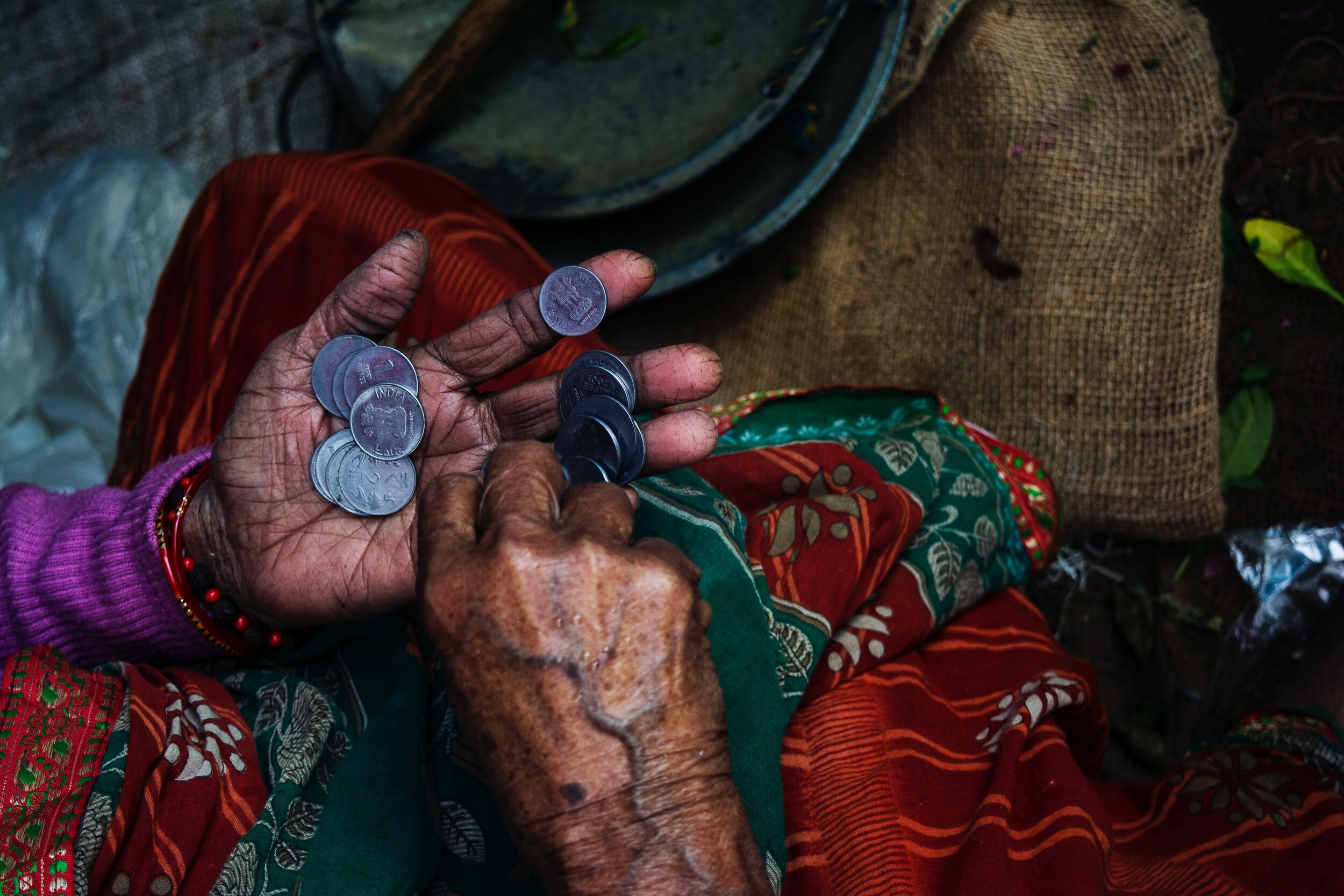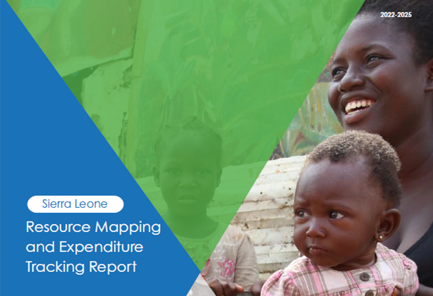
Projects
A selection of projects I have worked on…
Mapping and tracking resources for health in Sierra Leone- The Government of Sierra Leone (GoSL) aims to provide universal access to affordable, quality health care, but the sector remains underfunded, relying heavily on out-of-pocket payments and donor contributions. In 2021, GoSL contributed 27% of health expenditure, with out-of-pocket and donor contributions at 48% and 25%, respectively. To improve efficiency and equity, the Ministry of Health (MoH) focuses on better coordination and resource allocation, as outlined in the National Health Strategic Sector Plan (NHSSP) 2021-25. The 2022-2025 RMET exercise, which I led together with the MoH health financing unit, completed in December 2024, aims to provide crucial data for policy and budget planning
PHC Financing LMIC learning programme - I lead a PHC financing learning programme for the GFF, in collaboration with the WHO. I have designed and delivered the programme in and with 11 countries across Africa and Asia, focused on problem identification, reform design and refinement for better PHC financing. To respond to strong demand for cross- country exchange and learning, I am co-leading a webinar series on PHC financing, covering topics such as: moving towards greater strategic purchasing, how to undertake political economy analysis, how to measure and track PHC expenditures. The full webinar series can be found here
Health financing strategy in Mauritania - Mauritania has ambitions to improve the strategic nature of its purchasing of health services, and is working towards greater financial protection through the development of health insurance pools (one of which will target the informal sector). For a year, I worked with the MoH in developing and finalising their health financing strategy. This involved extensive consultation with key stakeholders, and exciting agreements on moving towards capitation payment at PHC level, strengthening programme based budgeting, working towards cross-subsidisation between pools (health insurance and budget).
Evaluation of PBF in Mali - I worked with the Dutch Development Cooperation in Mali where I analysed the current PBF approach and the fiscal space available to achieve UHC. The country allocates insufficient public resources to health, and out of pocket (OOPs) continue to limit people’s access to healthcare. PBF is an attempt to ensure resources make it to the health centres, but the approach is administratively heavy and expensive, and as yet not integrated in the national purchasing system. We worked on identifying measures to simplify PBF and ensure its medium-term integration into the national health financing purchasing strategy, as well identified alternative domestic resource mobilisation approaches to increase fiscal space for UHC. Efficiency measures were explored, although as long as so little financial resources flow through the system, achieving financial savings through efficiency reforms is unrealistic.
Development of investment cases for RMNCAH in Western and Central Africa - I worked as the Global Team leader for the Global Financing Facility (GFF) supporting the development of investment cases and associated results frameworks in Francophone Africa (DRC, Niger, Cameroon, Mali and Chad). The various coup d'état and the COVID-19 crisis slowed progress, although in four of the five countries, we did manage to develop investment cases and results frameworks for RMNCAH owned by the government and all stakeholders.
Innovative financing for UHC in western and southern Africa - Across Benin, Togo, Mali and Mozambique, I worked with the WHO to identify innovative sources for financing UHC. As team leader and technical expert, I led the development of the qualitative and quantitative approach, and worked with a team to identify additional sources of funding that would be both politically acceptable and technically feasible. For more information on our findings, please read more here.
Eswatini’s drive to achieve UHC - I worked with the MoH as project manager and health financing expert on the analysis of health financing bottlenecks and development of health financing policies. This included undertaking a stakeholder mapping to identify political drivers and sources of contestation of financing reforms, fiscal space analysis, and beginnings of a large scale health financing strategy.
Morocco’s health financing strategy - I worked for two years with the MoH in Morocco as project manager and health financing expert on the review of national health financing policy to extend insurance coverage to the informal sector, improve the functioning of the RAMED, and identify how to finance UHC more broadly. We undertook a diagnosis of the revenue mobilisation approaches, pooling arrangements and purchasing of services, particularly in relation to hospitals. This analysis led to the development of a draft health financing strategy which outlined how additional resources could be generated to finance the agreed UHC benefit package, how the fragmented pools could be brought together to ensure cross-subsidisation between rich and poor, healthy and sick, and how the purchasing could be made more strategic through addressing key technical inefficiencies in drug procurement and health workers’ incentives. An all-together fascinating piece of work!
Sierra Leone and free health care for women and children - Sierra Leone removed user fees for pregnant women, lactating mothers and children under 5 (the Free Health Care Initiative – FHCI) in 2010. I was project manager and health financing expert for the evaluation of the FHCI. What was quite exceptional in Sierra Leone was the time given by the then President to the government to get ready for this removal. The President was aware of the impact of user fees removal: sudden increase in demand, increased workload for health workers, and potential decrease of quality as a result. So the government systematically strengthened the supply side for 8 months prior to the removal in April 2010. We looked at whether this approach worked, at its impact on health outcomes, financial protection, and access to healthcare. What can be learnt by other countries trying to remove user fees? Read more about it here and here.








